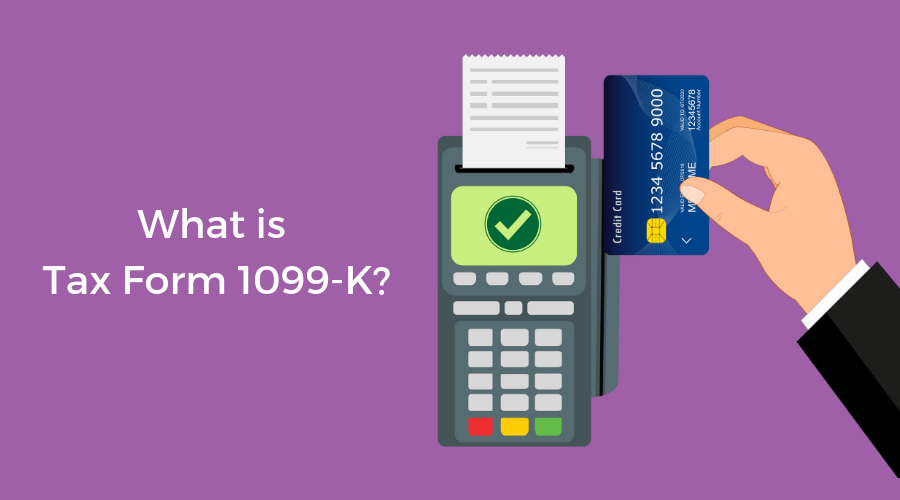What Employers Need to Know About a Payroll Tax Deferral

This article was last updated at 8:00 a.m. EST on August 31, 2020. On August 8, 2020, President Trump issued a presidential memorandum to the Secretary of the Treasury about deferring certain payroll tax payments. Read the complete announcement on the White House website here.
Are all payroll taxes deferred?
No. Payroll taxes refer to the employer and employee portions of Social Security and Medicare taxes. The recent memo relates only to the employee share of the Social Security tax.
Typically, as an employer, you withhold 6.2 percent from each team member’s paycheck for Social Security tax. Under the presidential memo, workers can defer this tax for wages paid between September 1 and December 31, 2020. This will allow them to bring more home each paycheck for the last four months of the year.
Who’s eligible for the deferral?
Employees who generally earn less than $4,000 every two weeks before taxes are eligible for the deferral. According to the IRS, each pay period should be considered separately. Additionally, if someone makes more than $4,000 in a two-week period, they are not eligible for the deferral.
How are these tax payments deferred?
Based on how the memo is written, it is up to you (the employer) whether you will choose to offer the tax deferral.
Will employees have to pay the deferred tax eventually?
Yes. Congress may ultimately forgive the deferred taxes. As of right now, though, workers will need to pay the taxes back between January 1 and April 30, 2021. Interest and penalties will begin to accrue on May 1, 2021.
How will employees pay back the tax?
If you stop withholding your employees’ portion of the Social Security tax, you will need to withhold the deferred amount from paychecks issued between January 1 and April 30, 2021.
According to the IRS, you can also “make arrangements to otherwise collect the total applicable taxes from the employee.” This can help you determine how to collect the taxes from anyone who leaves your company before the taxes are due.
Why wasn’t the employer portion of the Social Security tax addressed?
The recent presidential memorandum only addresses the employee share because the employer portion was deferred earlier this year. Under the Coronavirus Aid, Relief, and Economic Security Act (CARES Act), employers can postpone their share of the tax for wages paid between March 27 and December 31, 2020. Half of the tax is due by December 31, 2021, and the other 50 percent is due by December 31, 2022.
For additional information about deferring the employer portion of Social Security tax, visit the IRS website.


